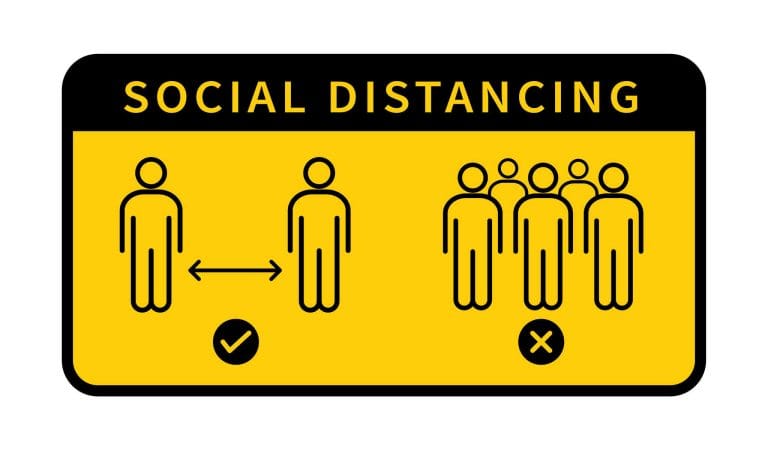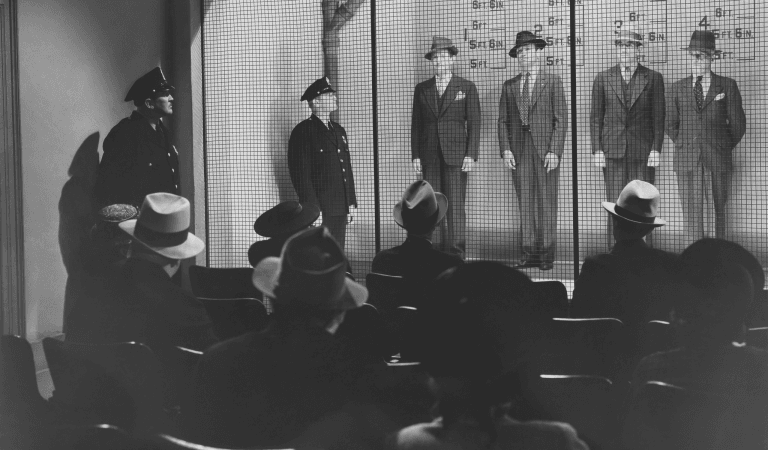Service and Restraint: Lost Principles of Governance
The Queen acted always with great restraint, and never upon others in a way unconsented to, whatever her own views were. Modern politics, driven by the Administrative State, is based on an opposite principle, felt even more deeply and widely than usual in recent times: it regards itself as able to do exactly as it chooses to anyone it chooses, based entirely on its own immediate view of a prevailing situation.
Service and Restraint: Lost Principles of Governance Read Journal Article











